The focus of the European Parliament's (EP) actions in the coming years will be on changing the economic model to improve Europe's competitiveness.
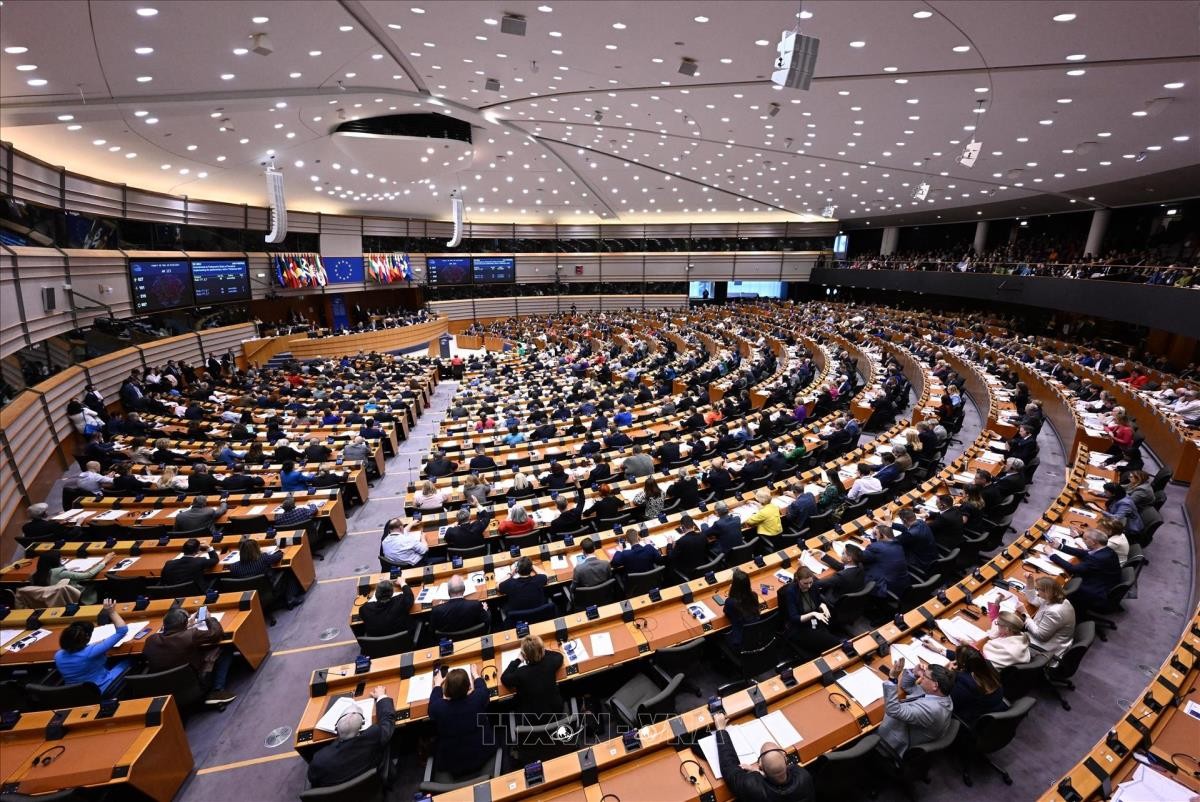 |
| Panorama of the European Parliament session in Brussels, Belgium on April 10, 2024. |
Europe’s five-year mission must be one of “radical change,” in the words of Mario Draghi, former president of the European Central Bank (ECB). Three themes will dominate the agenda: changing the economic model to improve Europe’s competitiveness; accelerating and strengthening the European defense industry; and expanding efforts.
Perfecting the economic model
Improving competitiveness is essential. Any European strategy must rest on three pillars: completing the single energy market to ensure competitively priced, zero-carbon generation options; protecting the European market from falling into isolationism; increasing investment in infrastructure and research and development (R&D), and ensuring that European businesses have access to private finance.
Defense industry organization
The second priority is to reorganize the European defense industry. Over the years, efforts to create a European defense community have suffered many setbacks. One of the many consequences of the post-Cold War “peace dividend” has been low defense investment. The result has been a fragmented defense industry. This is evident in the EU’s difficulties in providing military aid to Ukraine. The EU is still struggling to provide the weapons and ammunition that the Ukrainians need, and European production is neither sufficient nor adequate.
To be clear, this is not about building a common army. European militaries already cooperate within the framework of the North Atlantic Treaty Organization (NATO) and many joint operations. But the issue is about expanding military equipment production capacity. Companies across the EU must work together to fill orders and coordinate the equipment of regional militaries, allowing for better and faster responses to threats.
Question about block expansion
Finally, there is the question of what reforms are needed to ensure that future enlargements take place in the best possible conditions. Access to neighbouring countries is key if the threat of instability at the borders is to be eliminated. But such security comes at a price – it means changes to the EU budget and the way the bloc is governed.
The single market must remain on common ground. The UK’s experience since Brexit clearly shows that harmonised rules for European trade provide the simplest framework and provide the greatest support for EU businesses and the jobs they support. The reforms proposed in Draghi’s forthcoming report on European competitiveness, and Enrico Letta’s on the future of the single market, will help to improve this.
However, it is not possible to do everything as a bloc of 35 states. The European defense industry is a case in point, concentrated in six countries, and the UK (no longer an EU member) is also a major player. So it makes sense for these countries to work together. It is possible to imagine different groups of countries working together in the same way, for example in the field of quantum computing.
The European budget as it stands today cannot achieve a range of ambitious goals, from rebuilding Ukraine to deploying low-carbon energy, plus implementing a real industrial policy and investing in artificial intelligence (AI).
There are currently three levers available to secure greater funding: Private finance; public-private partnerships; and increased EU resources (increased by a digital services tax, customs duties on products that do not meet EU standards, and perhaps more widespread loans for clearly defined projects that will pay for themselves in the medium term).
The future of the EU depends on its ability to address these challenges.
Source: https://baoquocte.vn/financial-times-nang-cao-nang-luc-canh-tranh-la-dieu-cap-thiet-voi-chau-au-276042.html




![[Photo] Prime Minister Pham Minh Chinh receives Mr. Jefferey Perlman, CEO of Warburg Pincus Group (USA)](https://vstatic.vietnam.vn/vietnam/resource/IMAGE/2025/4/18/c37781eeb50342f09d8fe6841db2426c)







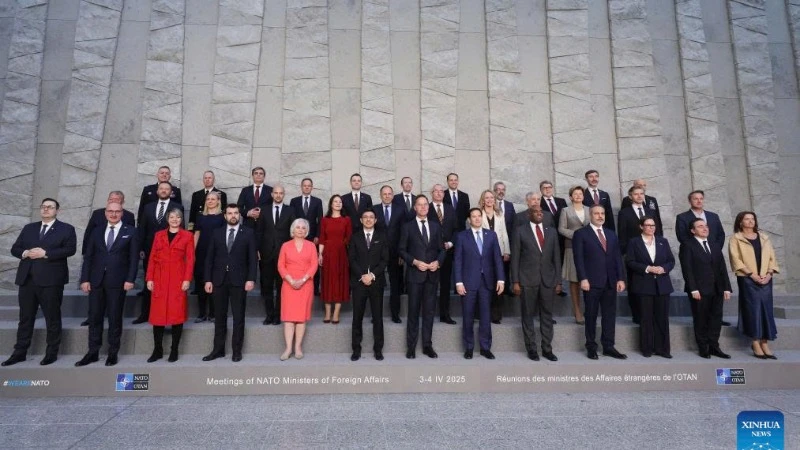



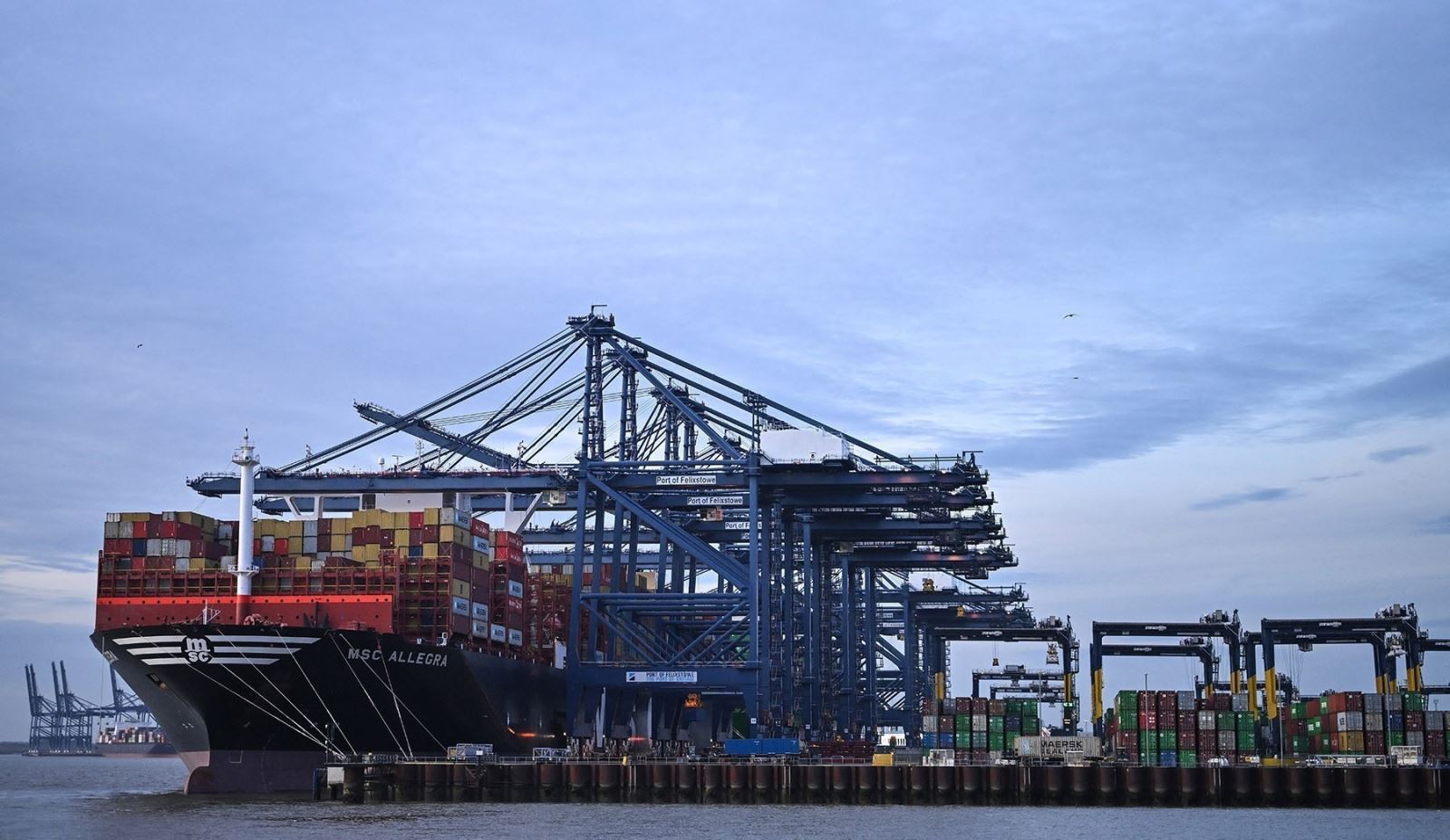






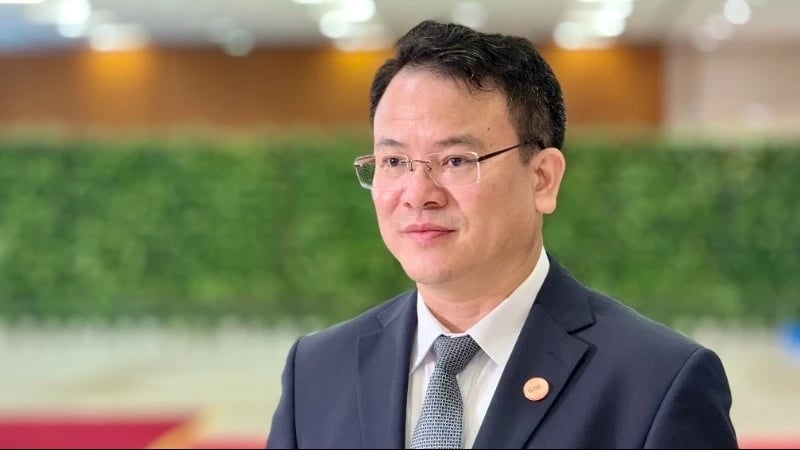
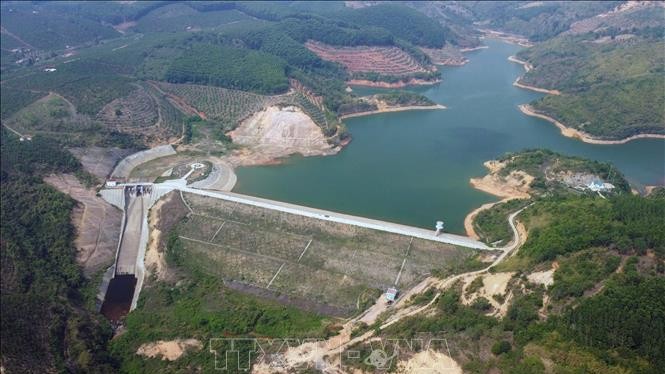


















































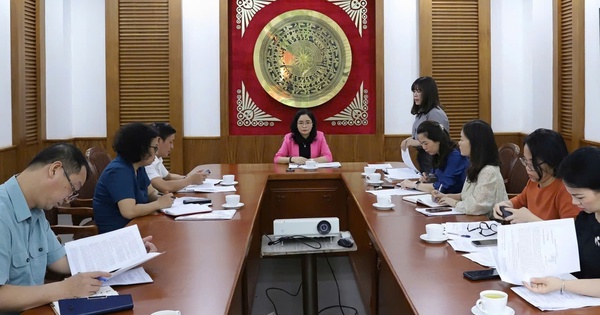






















Comment (0)